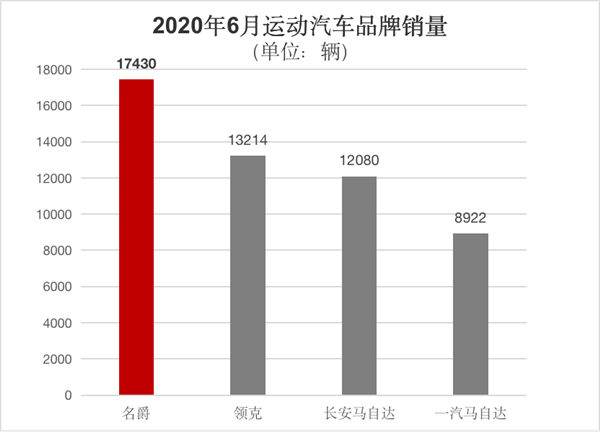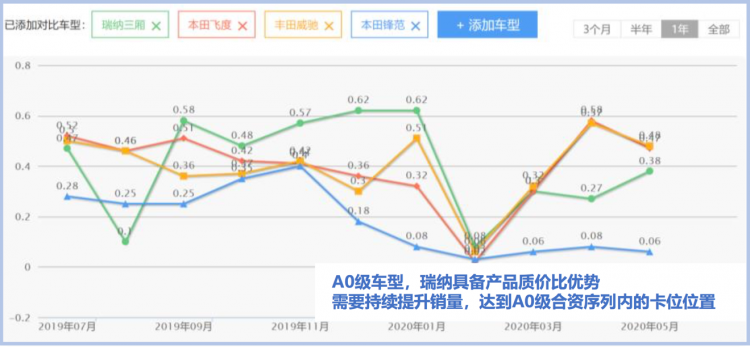
Oral: Yu Yingrui
Arranging: Bangqi
Format: A Cong’er
Pictures: Yu Yingrui, Bangqi (some from the Internet)
1
Water fetching ceremony
This is my 4th time as a water girl. Jinghong’s Water-Splashing Festival, every year before the water-splashing, there is a water-taking ceremony, and the water-taking girl is responsible for fetching and carrying water.
April 15th is Jinghong’s fixed water-splashing day. At 9:30 in the morning, we girls who fetch water will go to the Lancang River to participate in this grand ceremony. There are 12 girls fetching water, 7 of them are “princesses” who are responsible for carrying water, and 5 are “ladies of the palace” who are responsible for fetching and pouring water and assisting Bozan in chanting scriptures. Bozan is a highly respected and knowledgeable old man of the Dai nationality. During the water fetching ceremony, he is invited to chant scriptures and pray for blessings.

▲I took a selfie before fetching water by the river, behind me were girls fetching water
Fetching water is a ritual, symbolic, not physical. After fetching the water, we carried the holy water to the Splash Square, where the Governor was already waiting. The rest is the Great Buddha chanting sutras, and the governor announced the start of splashing water after chanting. Then, the water splashing in Xishuangbanna officially started.

▲Before fetching water, take a photo with a friend
2
Talent shows
Being a water fetching girl is different this year from previous years.
I didn’t dance in previous years, but I will dance this year. In the water splashing square, when the water splashing was announced, everyone got excited, and we danced on the stage to add to the fun. If someone splashes on you, you still have to dance, and you have to dance for tens of minutes.
In 2009, when I was a freshman in high school, I worked as a water girl for the first time. The school is in Jinghong, and there are special people to choose it. No talent show, just stand and let them pick. For some reason, I was chosen. In the second year, I was asked to attend roll call. The third time I went was in 2014. The fourth time is this year. This year is the audition, a rematch, a final, I was almost eliminated.

▲The photo is not clear, but you can see the lineup of the Water Splashing Girls Selection Competition
During the three competitions, I sang and sang Dai songs. I think, I am this nation, then this is our characteristic. During the semi-finals, everyone danced, and I was also arranged to dance at first, but then I changed to singing.

▲This is my dress in the final show
Girls fetching water used to be from the Dai nationality. Since 2015, Han girls have also participated. Maybe my idea is wrong, but if a Han girl is a water girl, will this ceremony be unauthentic and untraditional?

However, it seems that not all Dai girls want to participate in this activity. But to me, it’s important. My sister kept asking me why I didn’t participate in other drafts, but this one. I can’t answer, I’m really excited, I really want to go, but my sister won’t go.
3
Songkran is not just about splashing water
This festival, in our hearts, is the New Year, the beginning of a new year, just like the Spring Festival of the Han people. I emphasize that they are the same, to say that they are equally important.
During the festival, it is not fixed, every place is different. I remember going to Puwen first, then Xiaomengyang, and then to Jinghong and Menghai. But it was only a few days before and after.
As the New Year approaches, every family has a New Year’s flavor. Clean up first, wash the sheets, quilts and mosquito nets, and clean up the house. There is no need to paste red paper, but firecrackers will be set off, and glutinous rice cakes will be made, which is a must. There are also zongzi, but they are different from those of the Han nationality.
My family is in Daluo (Menghai County), and the New Year is a few days later than Jinghong. April 15th was a reunion dinner, but I didn’t come because I was a girl fetching water in Jinghong. I just came back on April 16th, and it was a rush day. On the 17th, it is also a rush, but the location is different for two days. 16 is in the central tower, and 17 is the cultural activity center by the river.
Ganbai is the Dai dialect. I don’t know how to translate it. It means going to the market. You have to wear the most beautiful clothes when you are in a rush, and when you are in a rush, you have to put on a high. Gao Sheng, like fireworks, flies out in a single line after being lit. Every village does it, and when it’s done, the young people in the village will send it to the place where they are singing and dancing. After playing Gaosheng, you can go home or dance together. When the high rise is released, we can dance “Yulahe” (dancing and singing dance) here.

▲The release of Kongming lanterns is a newly added project of the Songkran Festival
No. 18 is splashing water, which is the most familiar to everyone. We also have two kinds of splashing methods here. Children play with themselves and enjoy themselves. Although I am not a child anymore, I also joined them, and it was very miserable to be splashed. The adults formed a water-splashing team, beat and beat, and went to the government departments lively to send blessings to the leaders. Invite them to drink, make sedan chairs, and splash water. After splashing, you can also get a red envelope. Regardless of the amount of money, it is entertainment.
The Songkran Festival lasts for four days. In addition to these, there are dragon boat races, bag throwing, and going to temples to pile sand. Dragon boat, we have already raced, and I have not seen the packet loss here. There is also a pile of sand, which is also very grand.

▲This is the scene of the dragon boat race at the Songkran Festival many years ago. The dragon boat race is the same no matter whether it is the past or the present, whether we are Dai or other ethnic groups.
The pile of sand was in the early morning of April 15th. The time varies from place to place, we are at two or three o’clock in the morning. The sand is river sand, picked by each family one day in advance and placed in the temple. In the early morning of the 15th, we carried Baba and Zongzi to the temple to worship. We called it the Buddha (these things were taken but not brought back). Listen to the Buddha chanting in the temple, and the Buddha piles the sand into the shape of a tower. Then light candles and worship the sand tower. After completing these ceremonies, it is necessary to “drip water” to indicate the end. Dripping is to pour out the water that you have brought (now you can just bring a bottle of mineral water).

▲This is a pile of sand
Buddha chanting is very important and sacred, but the content is only understood by men, but I don’t understand it. Men will become young monks and have studied scriptures. When I was studying, they were young monks during the winter vacation of the first year of junior high school. To be a junior monk (1 to 3 years), you still go to school, but you have to live in the temple for the first three months, and you go back to the temple after school. Young monks wear monk robes, study Buddhist scriptures and do school homework.
When the sand is piled up in the temple, there are rituals of bathing Buddha in some places, but not in Daluo. Daluo Bathing Buddha is another festival, which is the door-opening festival. There is also water splashing in the Buddha bathing ceremony. The elders in the family or the great Buddha will sprinkle some water for bathing Buddha (auspicious water) for us, and then say “healthy growth” and other words.
4
Growing up with Songkran
Today is the 18th. People outside think that the Songkran Festival is over, but it is not. In Mengjinglai (“the first village in China and Myanmar”), a tourist attraction next door to us, the festival will continue tomorrow and the day after tomorrow. Splash water, put high rises, and put Kongming lanterns.

▲Flying water, this is the standard photo of the Songkran Festival, just like throwing up the graduation cap when graduating
Everyone has misunderstood the Songkran Festival. To understand the Songkran Festival, you should experience it yourself. Of course, it can’t be limited to Jinghong. Jinghong’s water splashing is very lively, but if you want to catch up, the towns will be more traditional. Songkran is our new year, not just water splashing.

▲Let the water splash fly for a while
However, in recent years, our own attitude towards Songkran has also changed, and we have no longer had the feeling we had when we were young. When we were young, on the day of splashing water, we got up early and went to splash the water. Now, at noon, when others call you, you still hesitate to say whether I want to go or not.

▲Children of the Songkran Festival, people are already staggering in the park, but the children are still unfinished, and I was like this when I was young
The Songkran Festival accompanies me growing up, and being a water fetching girl is a very beautiful and glorious memory for me.




